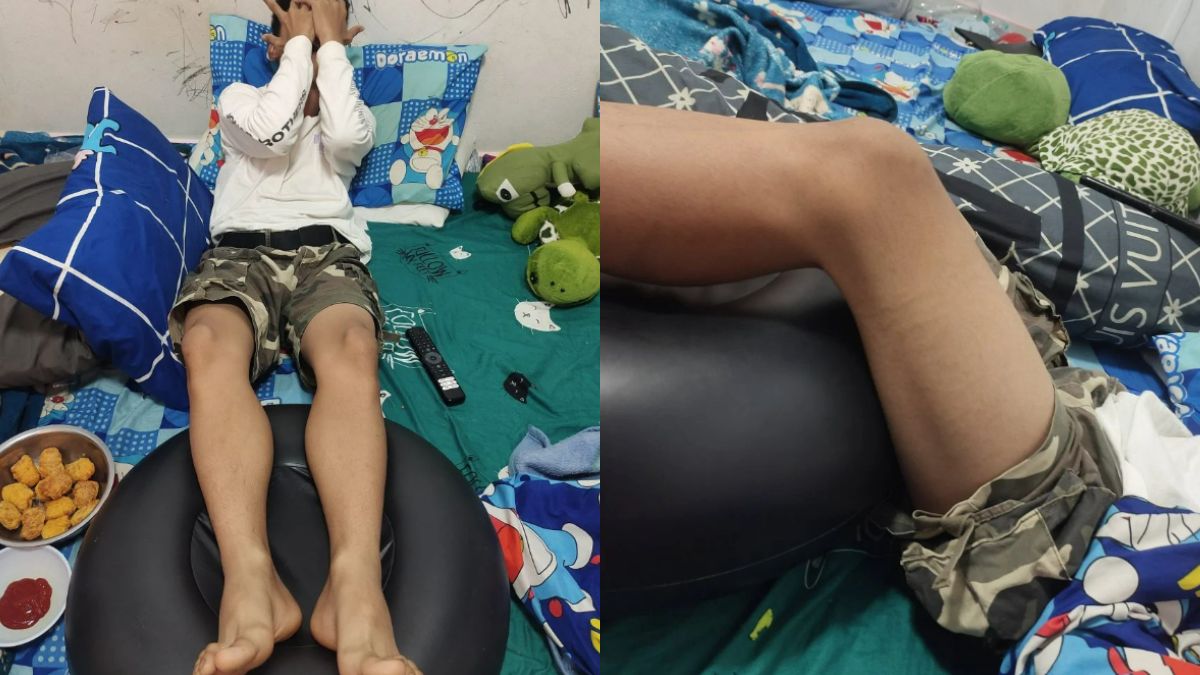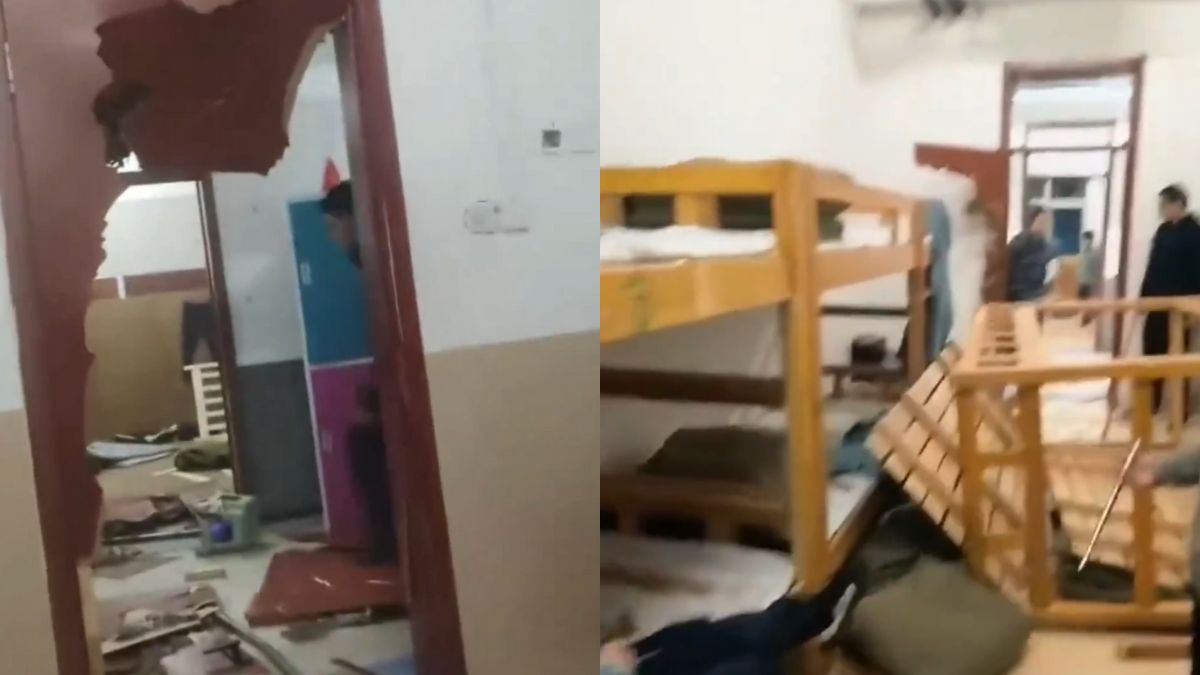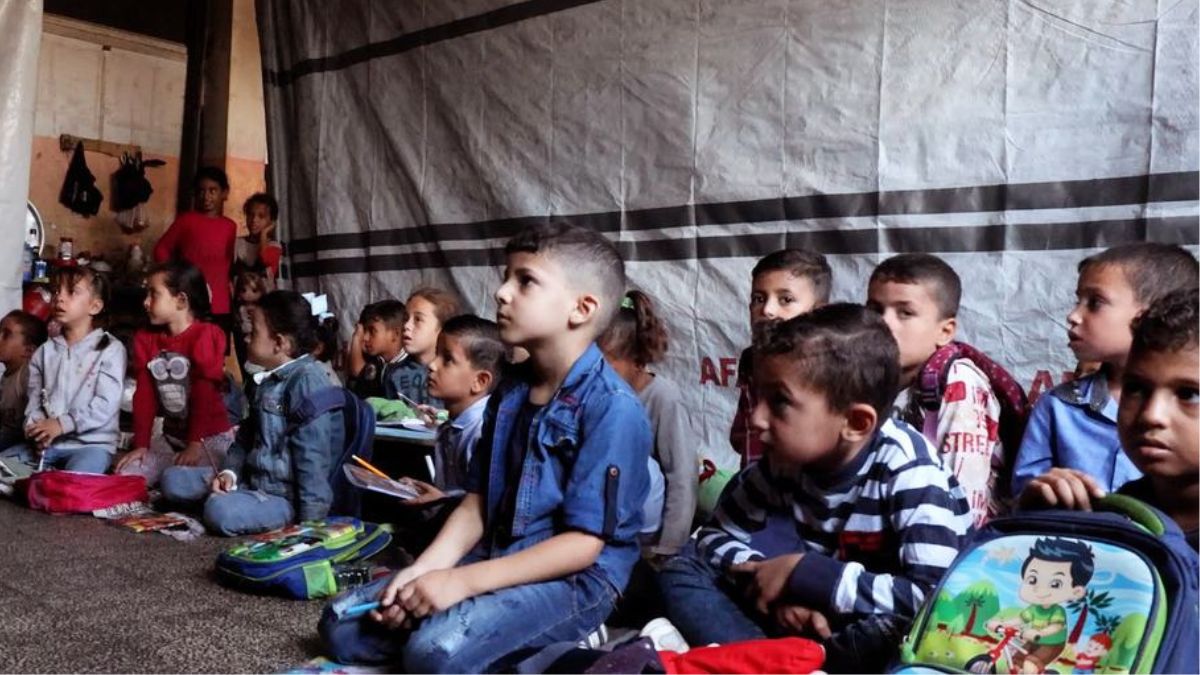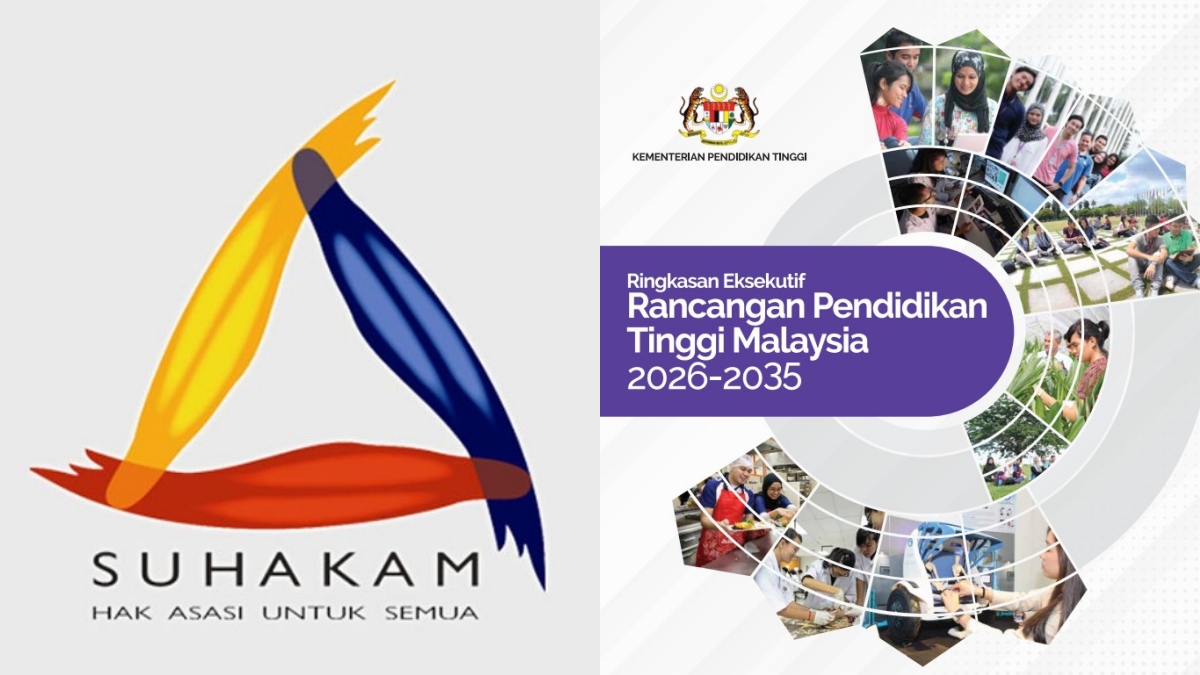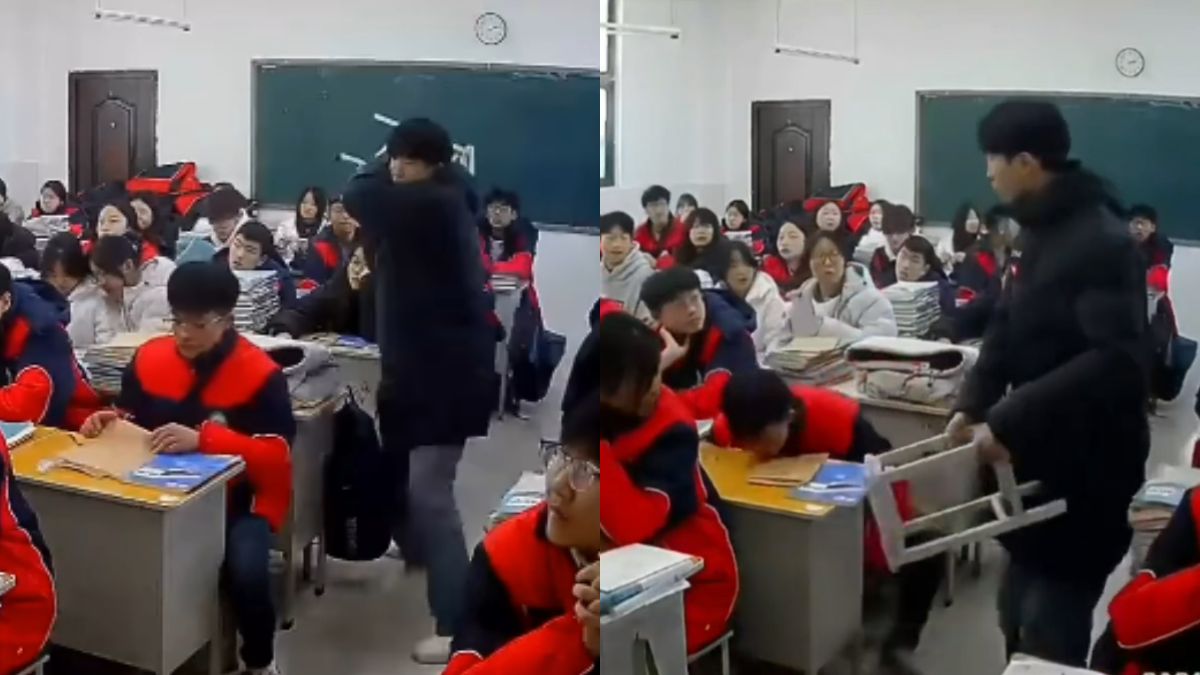NUS apologises after 500 Yale-NUS library books were recycled before students could claim them
NUS has apologised after 500 books from the Yale-NUS library were recycled before students could adopt them. The university admitted to an “operational lapse” and announced adoption fairs to rehome the remaining 8,500 titles.
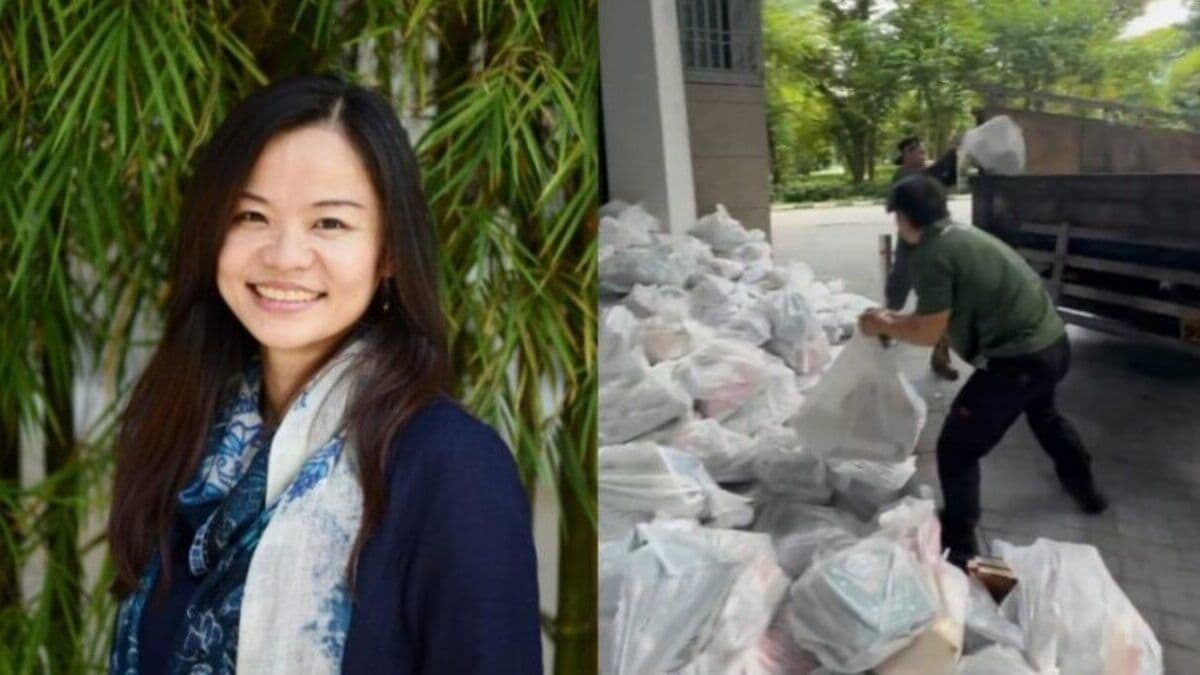
- NUS admitted to an “operational lapse” after 500 Yale-NUS library books were recycled before students could adopt them.
- The incident drew criticism for contradicting NUS’s zero-waste goals, with a petition launched by students and alumni.
- NUS will hold two adoption fairs and implement a new standard procedure to prevent similar lapses.
The National University of Singapore (NUS) has apologised after 500 books from the Yale-NUS College library were recycled before students were given a chance to claim them.
The university described the matter as an “operational lapse” and pledged to improve its procedures following student and alumni backlash.
Library collection downsized ahead of closure
Yale-NUS College, which is preparing to close this year, is relocating its premises to house the NUS Faculty of Law and its library.
Out of the college’s 45,000-volume collection, about 80 per cent—around 36,000 books—were rehomed to other NUS libraries, universities, and faculty members.
Roughly 9,000 books were set aside for recycling as a last resort. Of these, 500 were processed before the effort was halted.
Photos and videos circulating online showed books packed into trash bags and loaded onto a recycling truck, prompting criticism that the disposal contradicted the university’s zero-waste commitment.
Students and alumni criticise decision
A petition launched by NUS and Yale-NUS students described the recycling as wasteful and short-sighted. It argued that more community-oriented approaches, such as giveaways, could have been explored.
The petition also called on NUS to align its handling of library materials with its sustainability goals.
NUS issues apology
On 21 May, acknowledging shortcomings in how the process was managed.
Professor Aaron Thean, NUS provost and deputy president for academic affairs, admitted that the event had caused unnecessary upset.
“This is a big collection, and so any loss of books to us is always heartbreaking,” Thean said. “All these books mean a lot to us.”
Librarian admits outreach was insufficient
Associate Professor Natalie Pang, the Yale-NUS librarian, told CNA that staff did not anticipate strong student interest in the titles.
“I was really aghast to realise that the books were being picked up despite students expressing interest,” she said.
She explained that while excess books are usually offered to faculty first, this round of outreach was hampered by the closure of Yale-NUS College and uncertainty over faculty relocations.
Pang conceded that communication with students was inadequate, noting that past adoption events had seen limited participation.
“But this incident has shown us that there are lessons to learn,” she added. “There’s no two ways about it. We have to own it, and we will do better.”
New procedures and adoption fairs
To prevent future lapses, NUS said it will establish a new standard operating procedure for book disposals across its libraries.
This will include wider communication with faculty, students, and the public before any recycling takes place.
Addressing rumours that RFID tags prevented books from being donated, Pang clarified that desensitisation processes were available and that “it is absolutely untrue” to suggest otherwise.
To rehome the remaining 8,500 books, NUS will hold two adoption fairs. The first, from 28 May to 9 June, will be open to Yale-NUS alumni and their families. A second fair, on 14 June, will be open to the general public.
Any leftover titles will be distributed through secondhand platforms such as Thryft.
“Essentially, what I’m trying to do with this new SOP is to extend the shelf life and the life cycle of the books,” Pang said.


